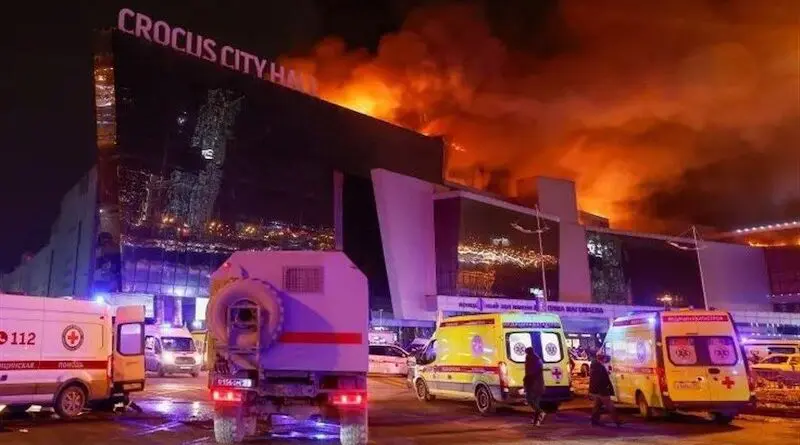Telephone Terrorism Returns To Russia, Lengthening Shadow Of Crocus City Hall Attack – OpEd
By Paul Goble
In the past few days, what Russian officials refer to as “telephone terrorism” – the calling in of warnings that bombs have been placed in various public institutions — has returned to Russia, forcing officials to evacuate a variety many and adding to the climate of fear that arose in the wake of the Crocus City Hall attacks.
The most detailed report about this trend comes from St. Petersburg where in the last week alone telephone terrorism has forced officials to evacuate about one thousand people at 153 sites even though in the end no explosive (rosbalt.ru/news/2024-04-07/v-peterburge-zaminirovali-153-ob-ekta-5048580).
How many other cases of such calls and evacuations have affected Russia this time around is unknown: Officials often seek to suppress information about such calls lest they trigger fears in the population or even fall victim to charges that they are working with those behind such calls about bombings.
Telephone terrorism is both cheap and relatively risk free. All that anyone needs is a telephone and he or she can be located far beyond the borders of the Russian Federation. And there is good evidence from the past that it is often a copycat crime with people joining in when they hear about this tactic.
As a result, telephone terrorism can spread rapidly and disorder society. In 2017-2018, such threats forced the Russian authorities to evacuate more than three million people from thousands of schools, businesses, cultural facilities and government offices across the country (windowoneurasia2.blogspot.com/2017/09/telephone-terrorists-paralyze-schools.html and windowoneurasia2.blogspot.com/2018/01/telephone-bomb-threats-continue-to.)

